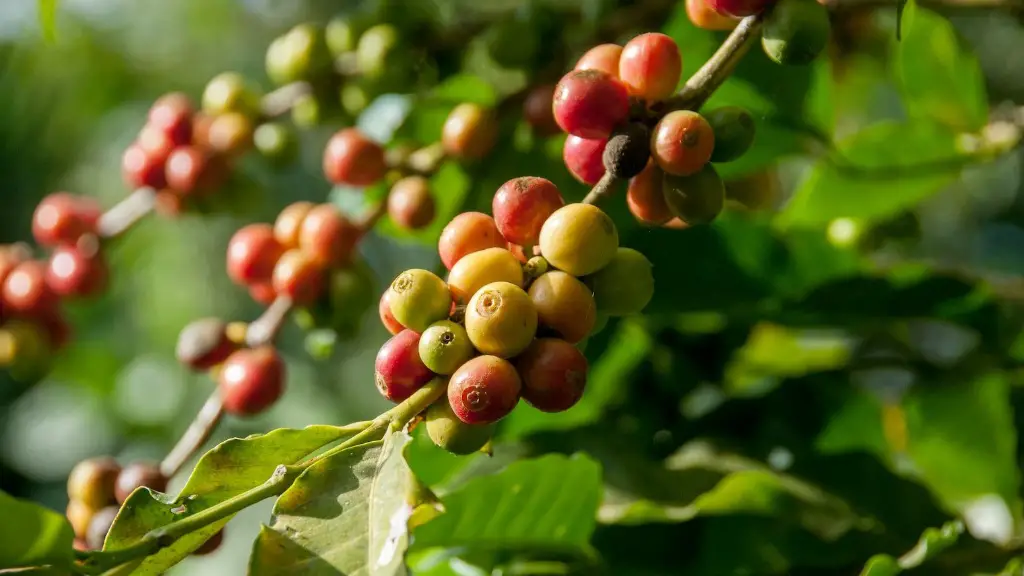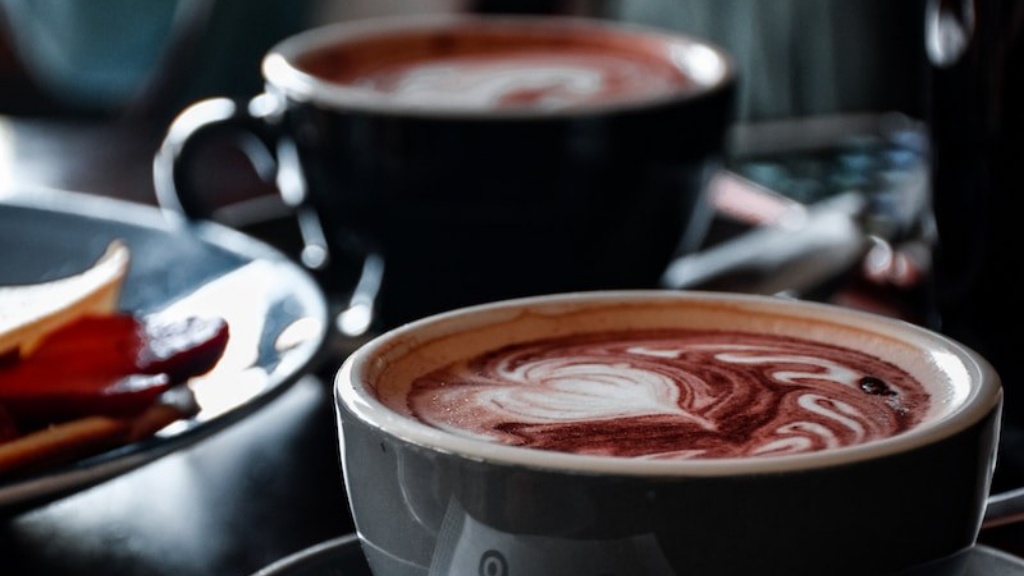The Connection between GERD and Caffeine
Coffee is a beloved morning beverage for many people, but for those with gastroenterologist reflux disorder (GERD), it may feel like a necessity. But can people drink coffee if they have GERD? Understanding the connection between GERD and caffeine can help provide an answer.
GERD is a condition that occurs when the lower esophageal sphincter breaks down, allowing acid to flow back up the esophagus. This is what causes the burning sensation. While GERD is usually caused by lifestyle habits like overeating, eating spicy foods, or drinking alcohol, the role of caffeine in GERD is highly controversial.
There have been a few studies that have suggested a link between GERD and caffeine. One study found that regular consumption of coffee led to acid reflux. However, it wasn’t clear whether this was because of the caffeine or the other compounds that are found in coffee. A later study suggested that caffeine in moderation could actually help to improve symptoms of GERD.
Experts suggest that the best way to determine if caffeine is contributing to your GERD is to eliminate it from your diet. This may mean giving up coffee and caffeinated drinks for a period of time before reintroducing them in moderation. If you find that your symptoms improve after cutting out caffeine, then this could indicate that it was aggravating your condition.
Types of Coffee and the Impact on GERD
When it comes to coffee and GERD, not all types of coffee are created equal. There are variations in the way that each type of coffee is brewed, as well as the quality of the beans used to make them. Choosing the right type of coffee can make a difference in how your GERD is affected.
Espresso and Turkish coffee, for example, are both superfine and concentrated coffee types. This means that they are more likely to cause the acid reflux associated with GERD. On the other hand, filtered coffee is filtered through a special filter that reduces the concentration of the brew. Because of this, filtered coffee is much less likely to exacerbate GERD symptoms.
Alternatives to Coffee with GERD
If you have GERD, coffee may not be the best option for you. There are plenty of alternatives available for those looking for a caffeine boost.
For coffee drinkers, there are plenty of coffee substitutes available. These include grain coffee substitutes, coffee made from herbs and spices like chicory root, or non-caffeinated coffee like herbal teas.
For those looking for a more classic caffeine fix, there are several options. Soda, energy drinks, and green, white, and black teas all contain caffeine and are less likely to aggravate GERD symptoms. Just be sure to watch out for sugar and dairy, as these can trigger acid reflux.
Health Benefits of Coffee for GERD
For some people with GERD, coffee can actually be beneficial. One study found that moderate coffee consumption was associated with a lower risk of GERD and its associated symptoms.
There are also other health benefits of coffee that may be beneficial for those with GERD. Coffee is an antioxidant-rich beverage that may help to prevent certain cancers, protect against cardiovascular disease, and reduce inflammation. It also contains several important vitamins and minerals, such as Vitamin B2 and Magnesium.
How to Drink Coffee with GERD
If you do choose to drink coffee despite having GERD, there are a few things you can do to lessen your risk of triggering GERD symptoms.
First, make sure that you choose a low-acid coffee. Low-acid roasts have less of the harsh acids that can trigger GERD symptoms.
Second, watch out for sugary flavoring syrups and creamer, as these can trigger GERD. Consider adding a splash of almond milk instead.
Finally, try to consume your coffee in moderation. Excessive consumption of coffee has been linked to a higher risk of exacerbating existing GERD symptoms.
Foods to Avoid with GERD and Coffee
If you’re drinking coffee with GERD, there are certain foods that can trigger your symptoms. Citrus fruits, spicy foods, high-fat foods, and chocolate are all common triggers for GERD symptoms. Try to avoid these foods if you’re drinking coffee, as they could make the situation worse.
Other food and beverage items to avoid or keep to a minimum when drinking coffee with GERD are alcohol, carbonated beverages, and energy drinks. These can all stimulate your stomach’s acid production, which can exacerbate your GERD symptoms.
A Word From Very well
In summary, it’s possible to drink coffee with GERD, but you should proceed with caution. If you feel like your GERD is exacerbated by caffeine, then you should eliminate it from your diet or cut back.
If you decide to drink coffee, choose a low-acid roast and add a splash of almond milk instead of flavored syrups or creamers. Avoid other potentially aggravating foods and drinks and drink your coffee in moderation. If you start experiencing GERD symptoms, stop drinking coffee and talk to your doctor.

